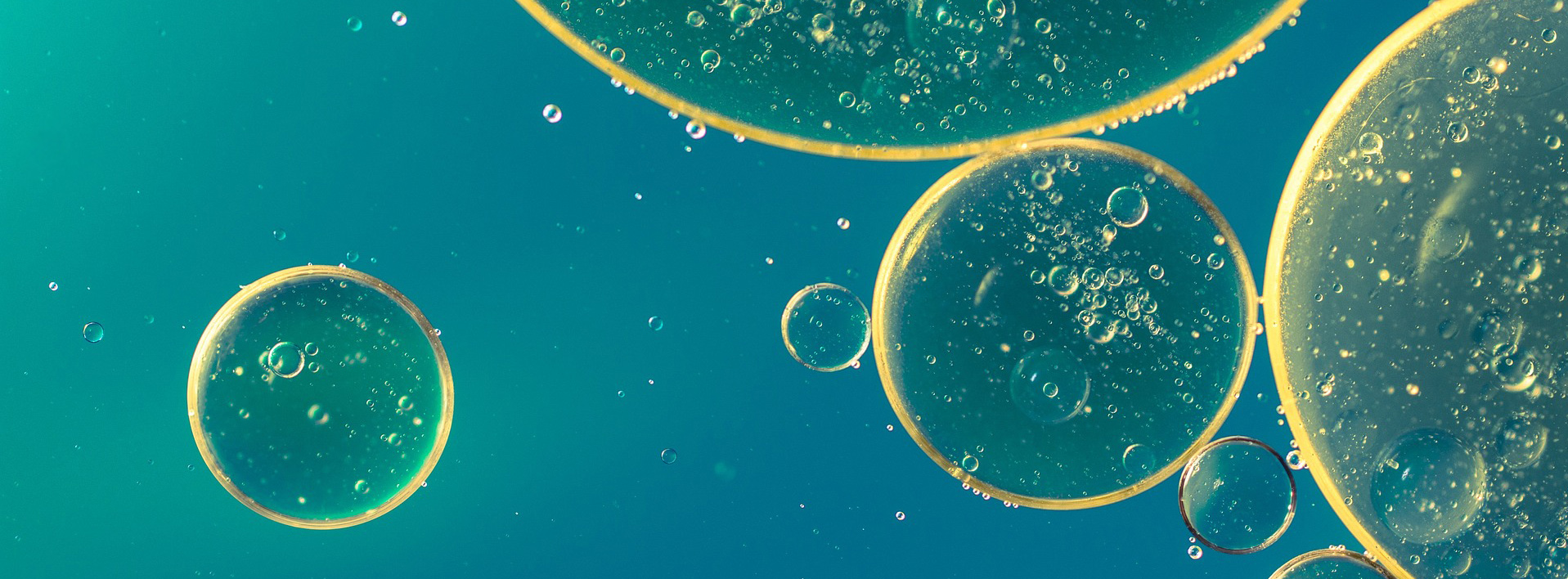Five BioISI researchers were selected in the FCT Concurso Estímulo ao Emprego Científico – Individual, two in the category Junior Researcher and three Assistant Researchers.
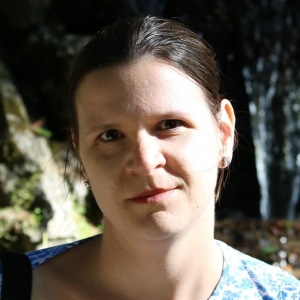
Ana Carapeto was awarded a Junior Researcher position, in the scientific area of Physical Sciences. Her research aim is to use Atomic Force Microscopy related techniques to gain insights into the fundamental mechanisms of Cystic Fibrosis and Alzheimer’s Disease. The work will be developed at the Atomic Force Microscopy and Related Techniques (AFMRT) Lab at the BioISI FCUL Campus.
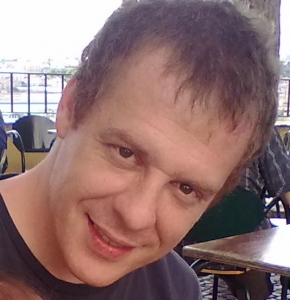
Nuno Galamba was awarded an Assistant Researcher position in Chemical Sciences. The project aims at investigating the binding mechanism of sickle cell hemoglobin (HbS), responsible for sickle cell disease, and designing an anti-sickling molecule, through molecular simulation methods and will be developed at the BioISI FCUL Campus.
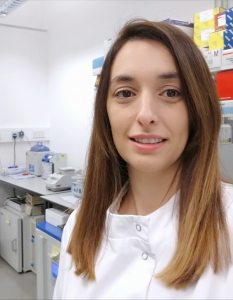
Sandra Louzada ranked first in the Junior researcher category in the scientific area of Biological Sciences. Her research project aims at establishing new methods to characterize breaking points and genomic rearrangements in centromeres that suffered Robertsonian translocations using 4th generation sequencing techniques. These rearrangements are common in humans and may be the cause for several diseases. Sandra Louzada will be moving from the Molecular Cytogenetics Core Facility at the Wellcome Sanger Institute, UK, to BioISI-UTAD to develop her work in the frame of an ongoing collaboration within the Gene Expression and Regulation research group, involving the UTAD and FCUL campi.
.
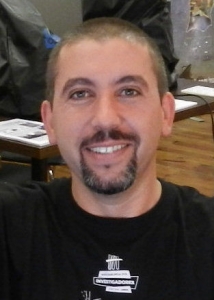
Miguel Machuqueiro was awarded an Assistant researcher position in Biological Sciences. In his computational project, to be developed at the BioISI FCUL Campus, virtual screening and drug design protocols will be improved using Constant-pH MD methods, allowing the incorporation of pH effects in these in silico approaches. This state-of-the-art methodology can have a significant impact on the accuracy and success of drug discovery. This is particularly important for the treatment of Alzheimer’s disease, where most acetylcholinesterase inhibitors have a pH dependent mechanism of action.
.
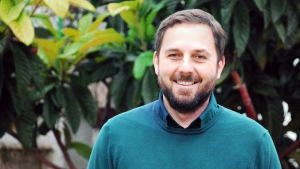
Paulo Martinho was also awarded an Assistant researcher position in Chemical Sciences. His project is on (Nano)Systems for Small Molecule Activation. The project intends to take not-so-reactive small molecules (CO2 and CO), activate and convert them into other species with added commercial value (e.g. methane), in an environmentally sound way (i.e. atom economy under aqueous conditions). The research will be developed at the BioISI FCUL Campus within the Chemistry for Biological Systems group.
.


